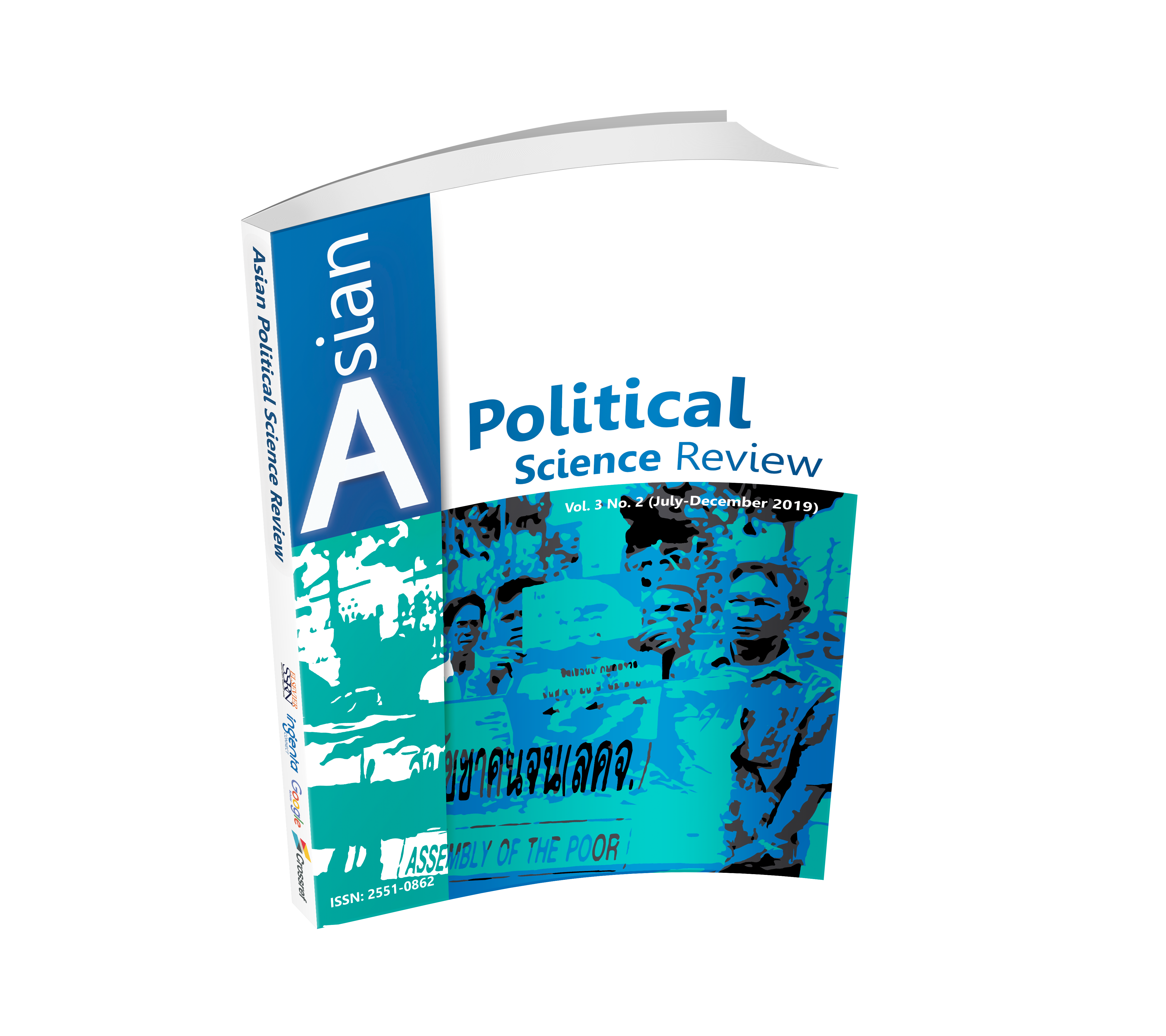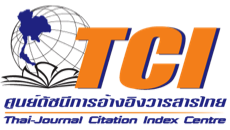Promoting Buddhist Ethics in Human Resources under the Context of Thai Society
Keywords:
Strengthening, Buddhist Ethics, Human Resources, Thai SocietyAbstract
Promoting Buddhist ethics in human resources under the context of Thai society. It is the development of both physical and mental potential under the changing trend of the world situation which is the era of boundless communication. There is a lot of material prosperity in terms of economy, society, politics and government and the environment. But mental progress has decreased Human resource development :therefore; requires knowledge together with ethics. It will result in other systems in the society that has changed for the good too. Promoting Buddhist ethics in human resources is one option for social and organizational development in various areas such as human management, budget, work and organization. Especially, human resources from teenagers to adults, even executives or leaders in every organization and every society should apply Buddhist ethics in relation to behavior as a guideline for living Applied together to develop people to have quality and potential in both physical and mental appropriately.
Downloads












.png)


